
Belle Mare: The Jewel of Mauritius
Nestled on the eastern coast of Mauritius, Belle Mare is a paradise waiting to be discovered. With its pristine beaches, crystal-clear waters, and lush greenery, this city is a haven for those seeking both relaxation and adventure. The tranquil lagoons are perfect for swimming and snorkeling, while the surrounding coral reefs make for an unforgettable diving experience. Beyond its natural beauty, Belle Mare offers a range of activities to satisfy every type of traveler. Golf enthusiasts can tee off at the world-renowned golf courses that dot the area, while thrill-seekers can indulge in water sports like windsurfing and kitesurfing. For those looking to unwind, the luxurious spas and wellness centers provide the perfect escape. Culture and cuisine are also highlights in Belle Mare. Savor the flavors of Mauritian cuisine at local restaurants, where fresh seafood and exotic spices create a culinary delight. Don’t miss the chance to explore the vibrant markets and shops, where you can find unique handicrafts and souvenirs to take home. Whether you're lounging on the beach or exploring the local culture, Belle Mare promises a memorable and enriching experience.
Local tips in Belle Mare
- Visit early mornings or late afternoons to avoid the midday heat and enjoy cooler temperatures.
- Rent a bike to explore the coastal roads and enjoy scenic views at your own pace.
- Try the local street food for an authentic taste of Mauritian cuisine.
- Book water sports activities in advance, especially during peak tourist seasons.
- Don't forget to pack reef-safe sunscreen to protect the marine life while swimming or snorkeling.
Belle Mare: The Jewel of Mauritius
Nestled on the eastern coast of Mauritius, Belle Mare is a paradise waiting to be discovered. With its pristine beaches, crystal-clear waters, and lush greenery, this city is a haven for those seeking both relaxation and adventure. The tranquil lagoons are perfect for swimming and snorkeling, while the surrounding coral reefs make for an unforgettable diving experience. Beyond its natural beauty, Belle Mare offers a range of activities to satisfy every type of traveler. Golf enthusiasts can tee off at the world-renowned golf courses that dot the area, while thrill-seekers can indulge in water sports like windsurfing and kitesurfing. For those looking to unwind, the luxurious spas and wellness centers provide the perfect escape. Culture and cuisine are also highlights in Belle Mare. Savor the flavors of Mauritian cuisine at local restaurants, where fresh seafood and exotic spices create a culinary delight. Don’t miss the chance to explore the vibrant markets and shops, where you can find unique handicrafts and souvenirs to take home. Whether you're lounging on the beach or exploring the local culture, Belle Mare promises a memorable and enriching experience.
When is the best time to go to Belle Mare?
Iconic landmarks you can’t miss
Belle Mare Public Beach
Experience the stunning beauty of Belle Mare Public Beach - a serene paradise with golden sands and turquoise waters, perfect for relaxation and adventure.
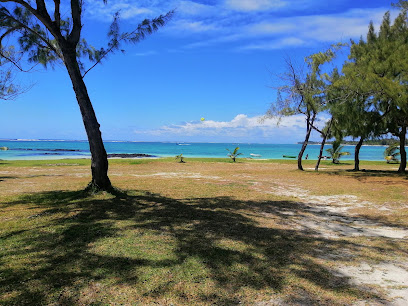
Aquaventure Ltd
Dive into adventure at Aquaventure Ltd, Belle Mare's premier aquatic destination offering excitement and relaxation for all ages amidst stunning tropical scenery.
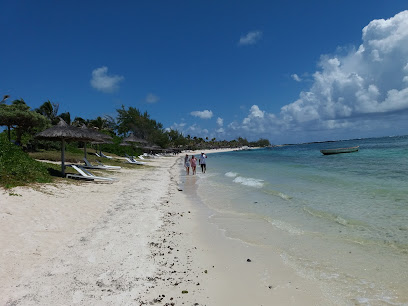
Aquacity Belle Mare Watersports
Experience unforgettable water adventures at Aquacity Belle Mare, the ultimate watersports hub in the stunning coastal paradise of Mauritius.
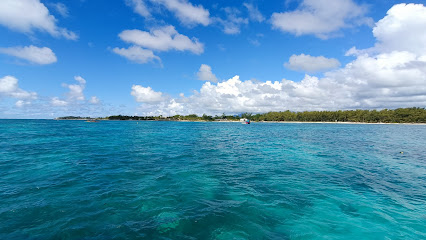
Public Beach, Palmar, Flacq, Maurice
Discover the serene beauty of Public Beach in Palmar, Mauritius, where soft sands and clear waters create the perfect getaway for relaxation and adventure.
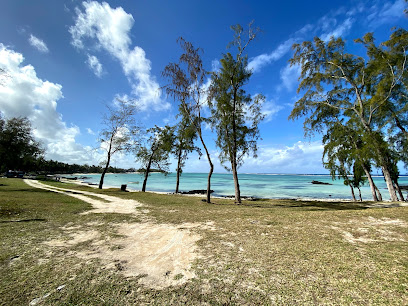
Belle Mare Ruins
Explore the enchanting Belle Mare Ruins, a historical landmark in Mauritius, where rich heritage meets breathtaking landscapes for an unforgettable experience.
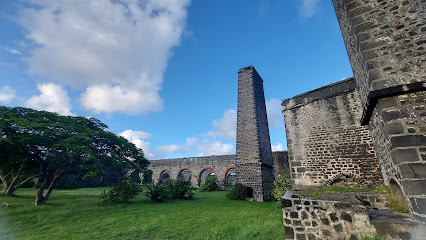
Domaine de Belle Mare
Explore the enchanting Domaine de Belle Mare in Mauritius, a breathtaking wedding venue surrounded by nature's beauty and perfect for unforgettable celebrations.
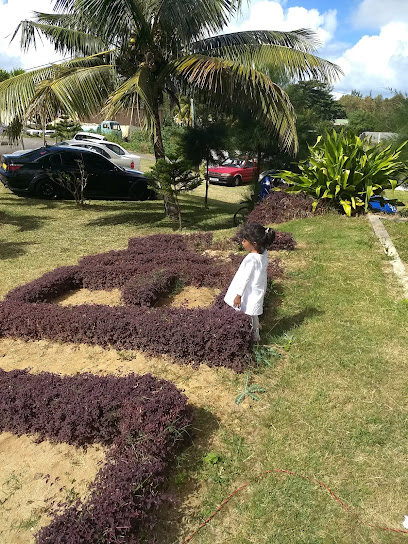
Belle Mare Beach
Experience the breathtaking beauty of Belle Mare Beach, a tropical paradise on the east coast of Mauritius, perfect for relaxation and adventure.
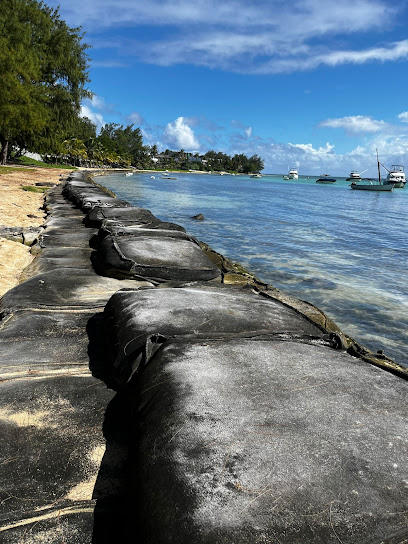
Belle Mare Old lime kiln
Explore the historical significance of Belle Mare Old Lime Kiln, a captivating landmark steeped in the rich industrial history of Mauritius.
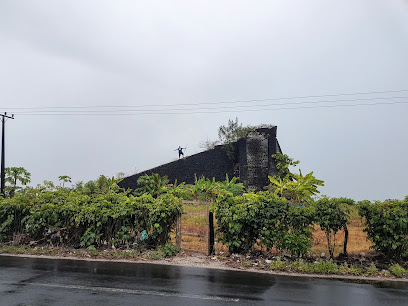
Unmissable attractions to see
Sir Seewoosagur Ramgoolam Botanical Garden
Explore the rich biodiversity and serene landscapes of Sir Seewoosagur Ramgoolam Botanical Garden, a beautiful gem in Pamplemousses, Mauritius.
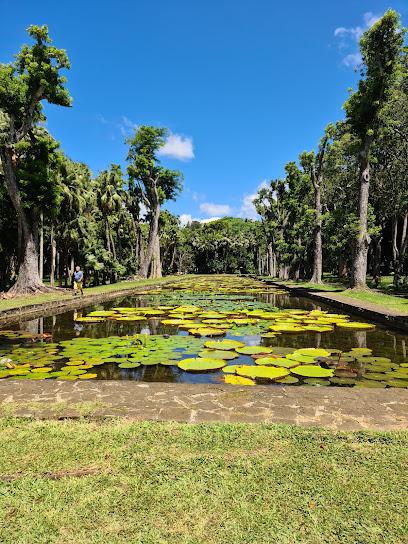
La Vallée Des Couleurs Nature Park
Experience the breathtaking beauty and exhilarating adventures at La Vallée Des Couleurs Nature Park, a must-visit destination in Mauritius.

La Vanille Nature Park
Discover the enchanting La Vanille Nature Park, a premier animal park in Riviere des Anguilles, Mauritius, where adventure and wildlife education await every visitor.

Notre-Dame Auxiliatrice de Cap Malheureux
Discover the serene beauty and architectural splendor of Notre-Dame Auxiliatrice de Cap Malheureux, a must-visit Catholic church in Mauritius.
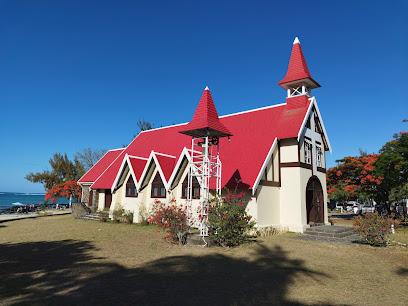
L'Aventure du Sucre
Discover the rich history of sugar production at L'Aventure du Sucre, an engaging museum in Pamplemousses, Mauritius, celebrating the island's cultural heritage.
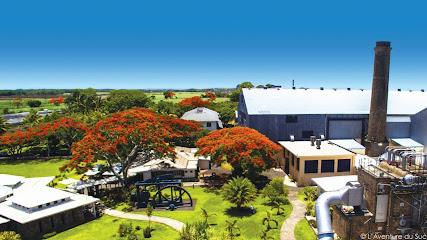
Gris Gris Beach
Experience the breathtaking beauty of Gris Gris Beach in Souillac, Mauritius, where dramatic cliffs meet the serene ocean in a picturesque coastal paradise.
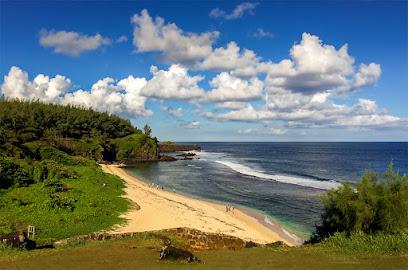
Mon Choisy Public Beach
Experience the breathtaking beauty of Mon Choisy Public Beach, a serene paradise on the shores of Mauritius, perfect for relaxation and adventure.
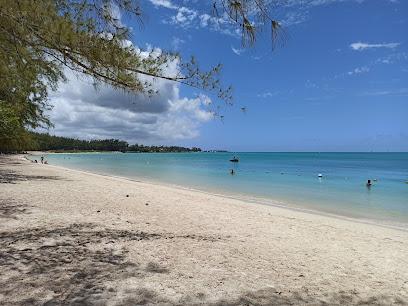
Pereybere Public Beach
Experience the pristine beauty and vibrant atmosphere of Pereybere Public Beach, a tropical paradise in Grand Baie, Mauritius.
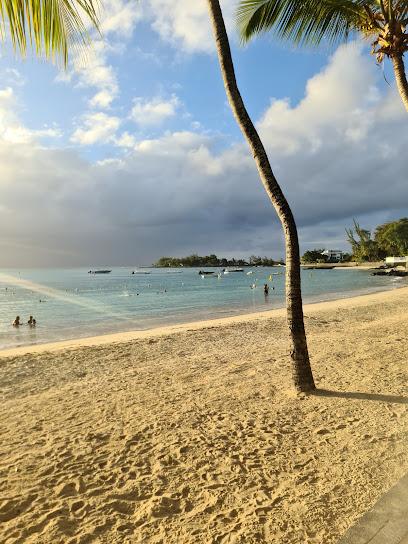
Château de Labourdonnais
Discover the charm of Château de Labourdonnais, a historical gem in Mauritius showcasing colonial architecture, lush gardens, and local culinary delights.
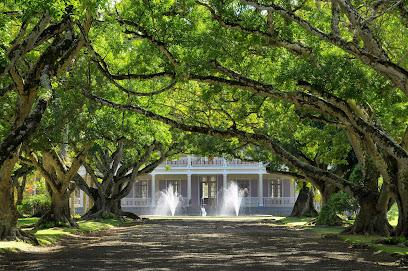
Grand Bassin
Explore Grand Bassin, a serene crater lake in Mauritius, rich in spiritual significance and surrounded by breathtaking natural beauty.
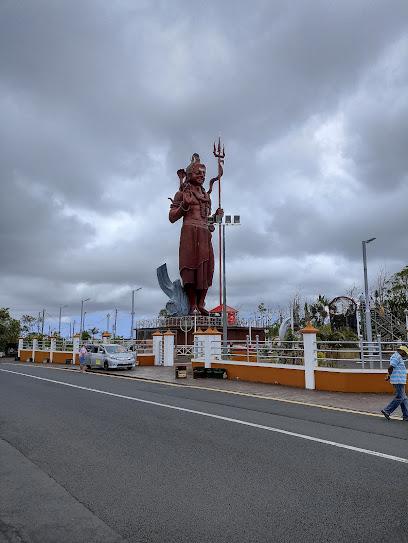
Pereybere Beach
Explore the stunning Pereybere Beach in Grand Baie, Mauritius – your ultimate tropical escape for relaxation and adventure in paradise.
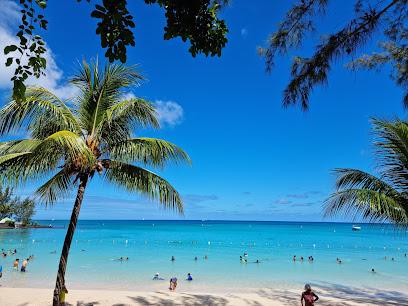
Bois Cheri Tea Factory
Experience the rich heritage of tea in Mauritius at Bois Cheri Tea Factory, where stunning views and delightful flavors await every visitor.
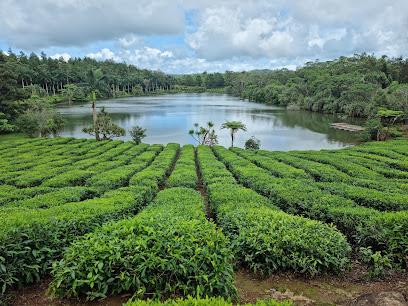
La Cuvette Public Beach
Discover the stunning La Cuvette Public Beach in Grand Baie, where crystal-clear waters and soft sands await for unforgettable beach experiences.
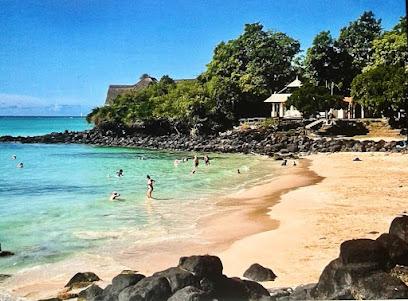
Mahébourg Waterfront
Explore the breathtaking Mahébourg Waterfront in Mauritius, where stunning ocean views meet rich cultural heritage and delightful local cuisine.
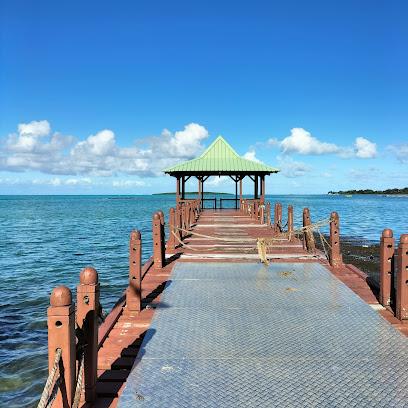
Trou aux Biches Beach
Discover the tranquil beauty of Trou aux Biches Beach, where soft sands and vibrant marine life create a perfect tropical getaway.
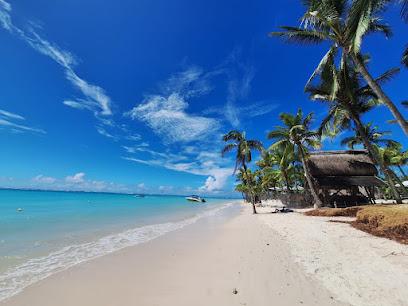
Essential places to dine
Constance Belle Mare Plage Mauritius
Discover luxury dining and serene relaxation at Constance Belle Mare Plage - Mauritius' premier resort destination for food lovers and beach enthusiasts.
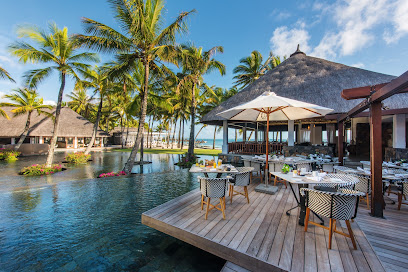
LUX Belle Mare
Discover luxury at LUX Belle Mare - where pristine beaches meet exceptional service in Mauritius.

Green Island Beach Restaurant
Discover exquisite local flavors at Green Island Beach Restaurant with stunning ocean views in Trou d'Eau Douce.
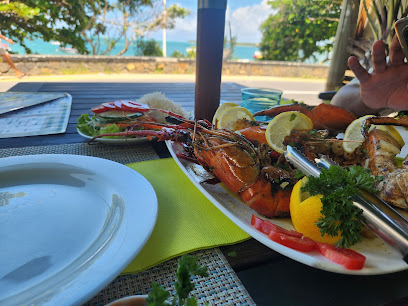
Chez Tino
Discover the rich flavors of Mauritius at Chez Tino in Trou d'Eau Douce – where every meal tells a story.
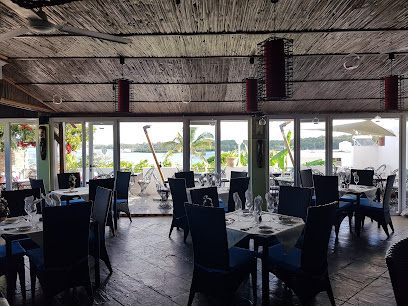
La Case Poisson
Discover authentic Mauritian seafood at La Case Poisson in Trou d'Eau Douce - a vibrant restaurant offering fresh flavors and stunning views.
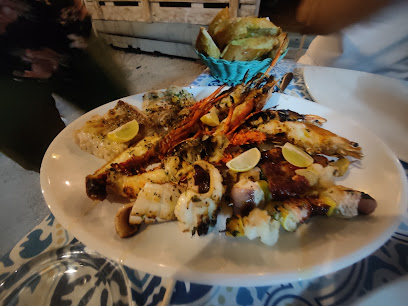
Restaurant Georges
Discover the exquisite flavors of Mauritius at Restaurant Georges in Central Flacq - where culinary excellence meets local charm.
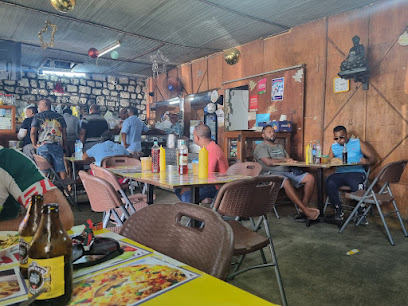
Symon's Restaurant
Discover the vibrant flavors of Mauritius at Symon's Restaurant in Belle Mare—where every dish tells a story.
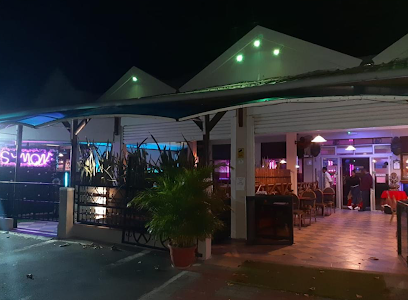
Mamie Sophie Table D'Hôte
Experience authentic Mauritian cuisine at Mamie Sophie Table D'Hôte in Camp Ithier – a culinary haven for food lovers.
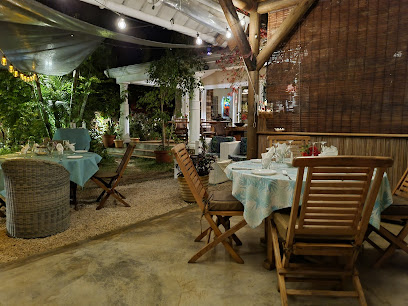
Restaurant La Riviere
Experience authentic Mauritian cuisine at Restaurant La Riviere - where every dish tells a story.
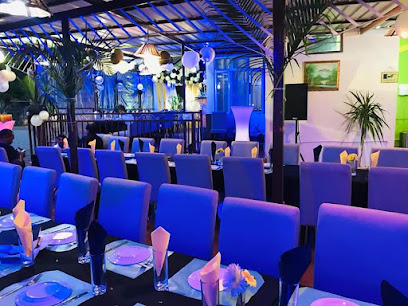
Chinese Gourmet
Experience authentic Chinese flavors at Quatre Cocos' renowned Chinese Gourmet - where tradition meets culinary excellence.
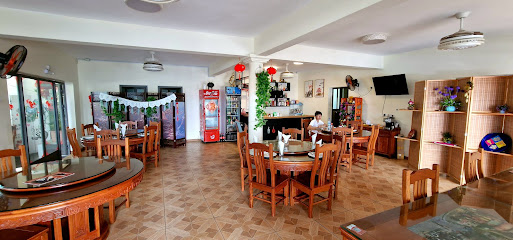
Seabell Restaurant
Experience exquisite local flavors at Seabell Restaurant in Poste Lafayette, where ocean views meet culinary excellence.
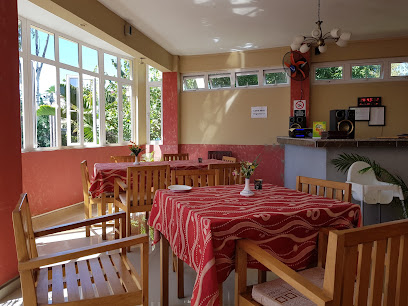
Seasons Restaurant
Experience authentic Creole cuisine at Seasons Restaurant in Belle Mare – where every dish is a celebration of Mauritius's rich culinary heritage.
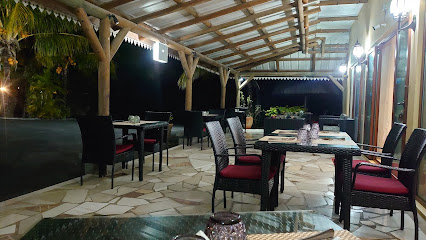
Beach Rouge
Discover Beach Rouge: A culinary paradise on Belle Mare's shores offering delicious seafood and breathtaking ocean views.
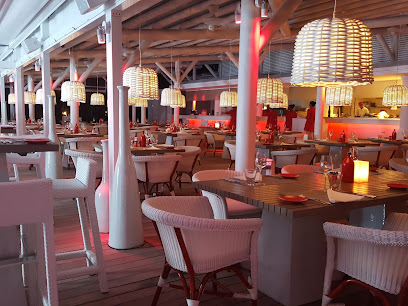
The Plantation
Discover exquisite Mauritian cuisine at The Plantation in Belle Mare - where vibrant flavors meet serene tropical elegance.
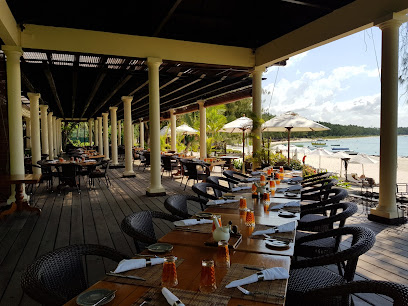
Emperor Restaurant
Savor authentic Mauritian cuisine at Emperor Restaurant in Poste de Flacq - where every dish tells a story.
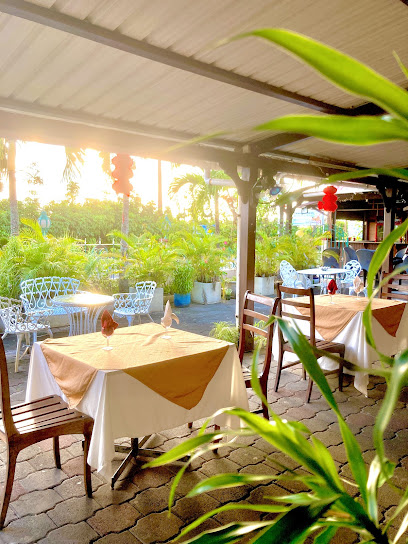
Markets, malls and hidden boutiques
Laval Leung Tseung
Explore the vibrant offerings of Laval Leung Tseung, a supermarket in Quatre Cocos, where local flavors meet international convenience.
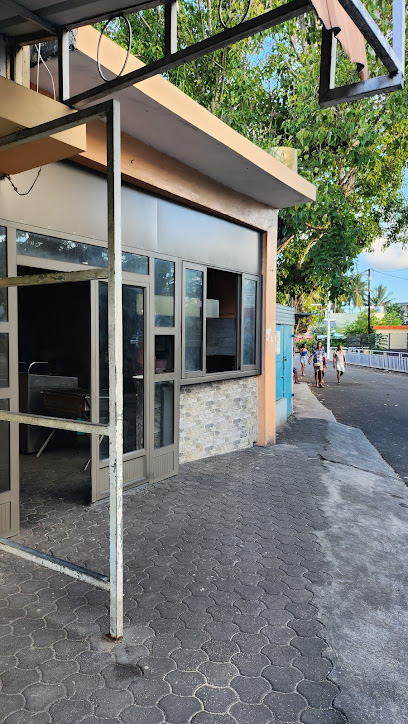
Beny Shopping Paradise&supermarket
Experience the vibrant local flavors at Beny Shopping Paradise, your go-to grocery store in Quatre Cocos, Mauritius.
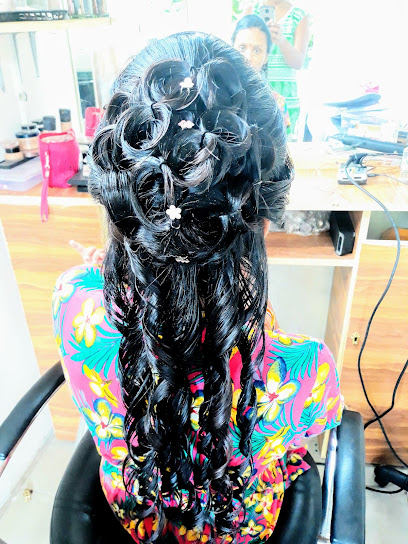
ASB Store LTD
Explore the vibrant selection of local and international products at ASB Store LTD, the must-visit supermarket in Bramsthan.
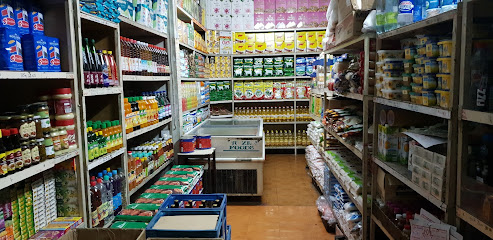
Atelier Inam
Discover exquisite knitwear and clothing at Atelier Inam, a premier outlet store in Belle Mare, Mauritius, where local craftsmanship meets vibrant style.
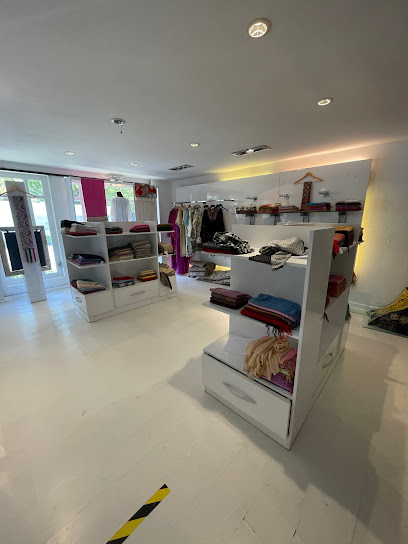
Sunrise Souvenir Shop
Explore the vibrant Sunrise Souvenir Shop in Belle Mare for authentic Mauritian treasures and unique handcrafted keepsakes.
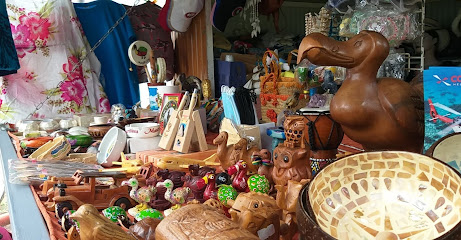
Duty Shop
Discover the heart of Mauritius at Duty Shop, where unique souvenirs and local treasures await every traveler in Quatre Cocos.
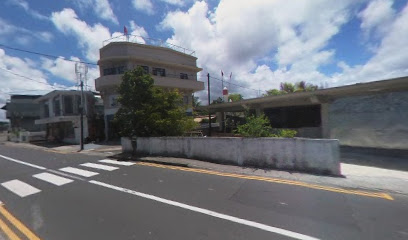
GIFT & DECO LTD
Explore GIFT & DECO LTD in Central Flacq, Mauritius, for unique gifts and beautiful decor items that celebrate the local culture.
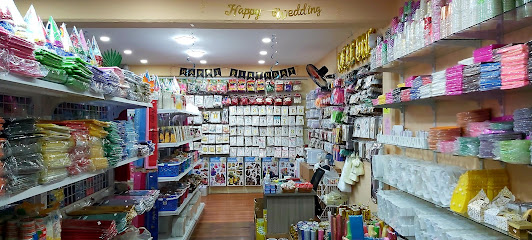
Kaylash Pooja shop
Explore the vibrant culture of Mauritius through unique clothing and accessories at Kaylash Pooja Shop in Quatre Cocos.
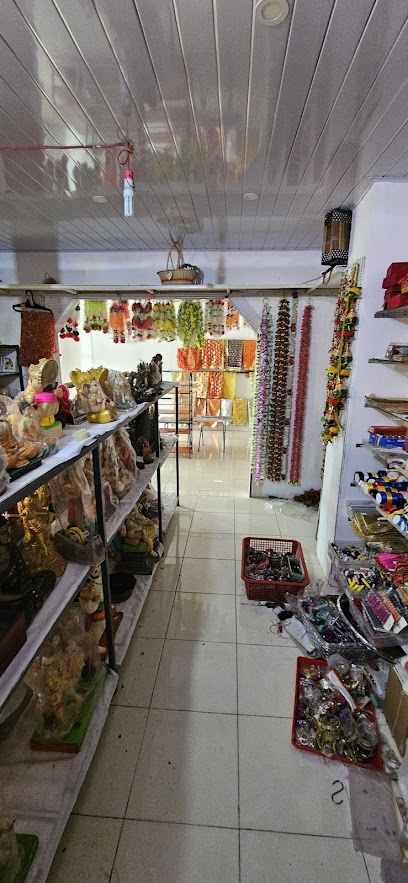
Kissoonah Superette
Kissoonah Superette: Your essential stop for local goods and convenience in Quatre Cocos, Mauritius.
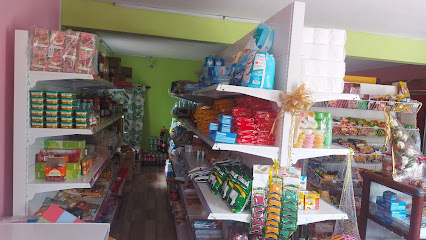
Tamarino store
Explore the vibrant culture of Mauritius at Tamarino Store, where unique local crafts and artisanal goods await every tourist.

Poivre d'Or
Explore Poivre d'Or in Poste de Flacq for authentic Mauritian crafts, gourmet delights, and unique souvenirs that capture the spirit of the island.
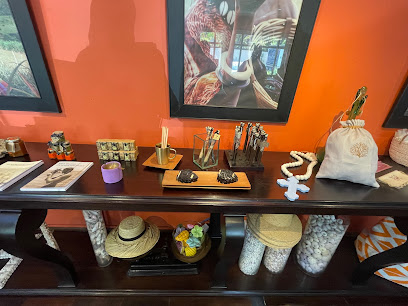
BLUE WORLD EXPLORER DIVING SHOP
Experience the vibrant marine life of Mauritius through unforgettable diving adventures at Blue World Explorer Diving Shop in Belle Mare.

Galerie Lafayette
Discover luxury shopping at Galerie Lafayette in Belle Mare, Mauritius—where fashion meets elegance in a stunning setting.

Xpress Supermarket
Discover local flavors and essentials at Xpress Supermarket in Belle Mare, Mauritius – your one-stop shop for all your vacation needs.

Belle Mare Pharmacy
Explore wellness at Belle Mare Pharmacy, your essential health and beauty stop in the heart of Mauritius.
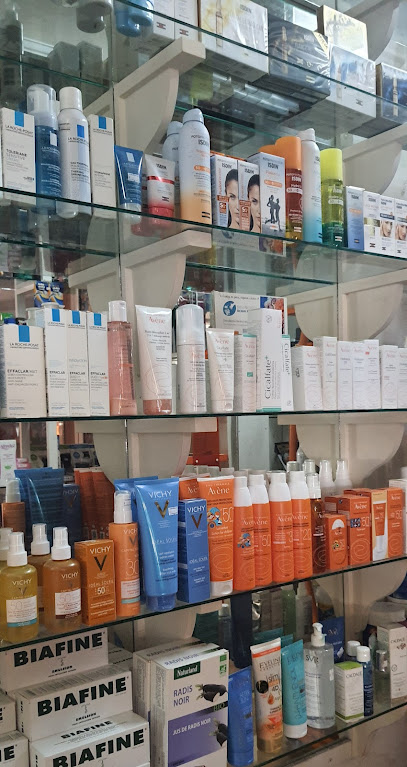
Essential bars & hidden hideouts
LUX Belle Mare
Discover the ultimate luxury resort experience at LUX Belle Mare in Mauritius, offering stunning beaches, vegan dining, and unforgettable adventures.

Symon's Restaurant
Experience the vibrant flavors of Mauritius at Symon's Restaurant, where fresh local ingredients meet exceptional culinary artistry in a stunning coastal setting.
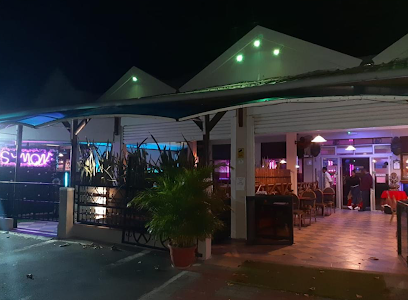
Seasons Restaurant
Experience the vibrant flavors of Creole cuisine at Seasons Restaurant in Belle Mare, Mauritius, surrounded by tropical beauty and local hospitality.
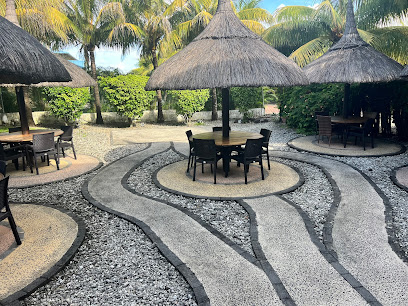
Beach Rouge
Discover the culinary delights of Beach Rouge, where exquisite dishes meet stunning ocean views in the heart of Mauritius.
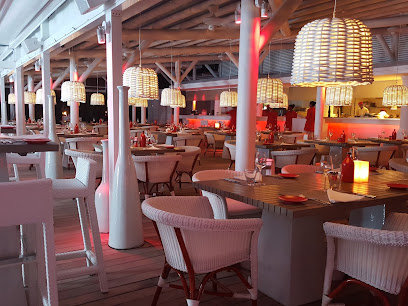
Sun and Sand
Experience the enchanting beauty of Sun and Sand, a family-friendly paradise in Quatre Cocos, Mauritius, where adventure meets relaxation.
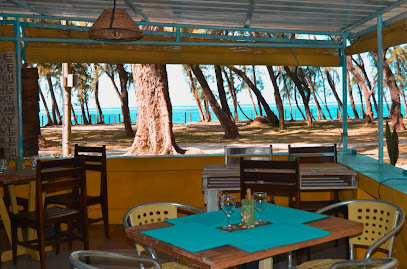
Hasu
Savor exquisite Asian cuisine with stunning ocean views at Hasu, located in the luxurious Long Beach Golf & Spa Resort, Belle Mare.
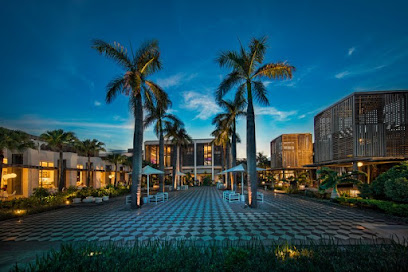
Beny the restaurant
Discover the vibrant flavors of Mauritius at Beny Restaurant in Quatre Cocos, a delightful culinary destination by the sea.
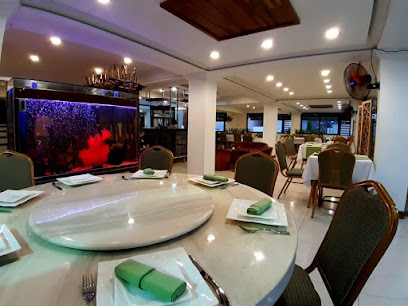
La Spiaggia Restaurant & Bar
Discover La Spiaggia Restaurant & Bar, a culinary gem in Mauritius offering a fusion of local and international cuisine with stunning ocean views.
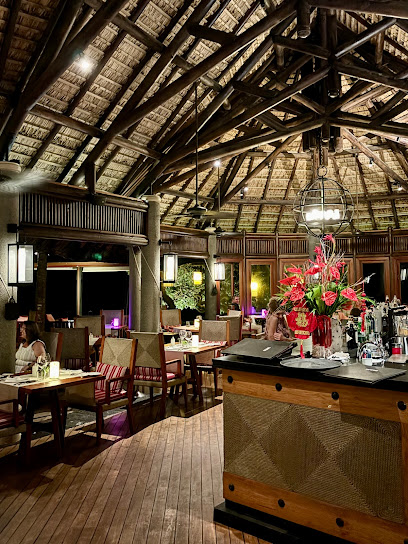
La Plage Restaurant
Experience exquisite dining with stunning ocean views at La Plage Restaurant in Mauritius, where local flavors meet international cuisine.
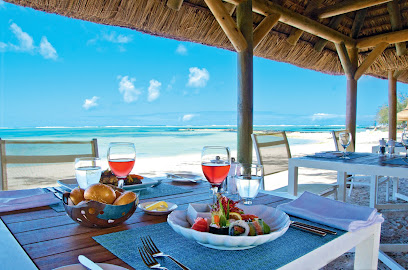
Dolce Vita Restaurant
Experience authentic Italian cuisine at Dolce Vita Restaurant, nestled in the luxurious Ambre Resort & Spa in stunning Mauritius.
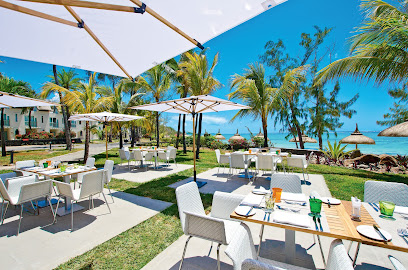
Amari By Vineet
Discover the exquisite Indian cuisine at Amari By Vineet, a culinary oasis in Belle Mare, Mauritius, perfect for an unforgettable dining experience.
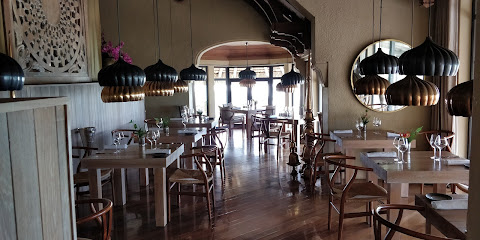
Blue Penny Cellar
Experience a gastronomic journey at Blue Penny Cellar, where exquisite cuisine meets an impressive selection of wines in a luxurious setting.
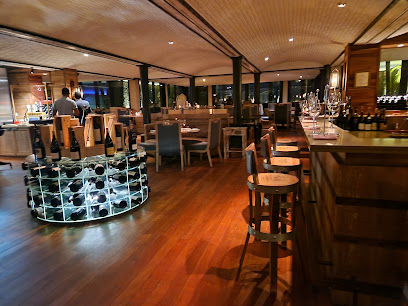
Duck Laundry
Explore the vibrant flavors of Mauritius at Duck Laundry, a must-visit restaurant in Quatre Cocos offering a delightful dining experience.
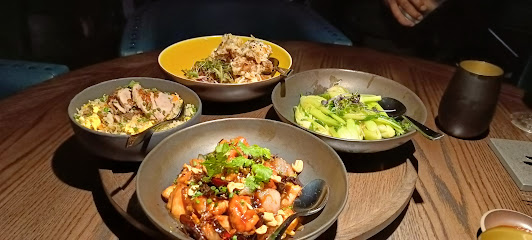
Indigo Beach Restaurant
Discover the flavors of Mauritius at Indigo Beach Restaurant, where delicious cuisine meets breathtaking ocean views in Poste de Flacq.
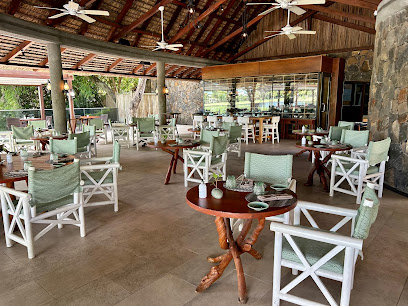
Local Phrases
-
- HelloBonjour
[bon-zhoor] - GoodbyeAu revoir
[oh ruh-vwah] - YesWi
[wee] - NoNon
[nohn] - Please/You're welcomeS'il vous plaît/De rien
[seel voo pleh/duh ryehn] - Thank youMerci
[mehr-see] - Excuse me/SorryExcusez-moi/Désolé
[ehk-skew-zeh mwah/dey-zoh-leh] - How are you?Comment ça va?
[kohm-mohn sah vah] - Fine. And you?Bien. Et toi?
[byen/eh twah] - Do you speak English?Parlez-vous anglais?
[par-leh voo ahn-glay] - I don't understandJe ne comprends pas
[zhuh nuh kohm-prahnd pah]
- HelloBonjour
-
- I'd like to see the menu, pleaseJe voudrais voir le menu, s'il vous plaît
[zhuh voo-dray vwahr luh muh-nyuh/seel voo pleh] - I don't eat meatJe ne mange pas de viande
[zhuh nuh mahnzh pah duh vee-ahnd] - Cheers!Santé!
[sahn-tay] - I would like to pay, pleaseJe voudrais payer, s'il vous plaît
[zhuh voo-dray peh-yay/seel voo pleh]
- I'd like to see the menu, pleaseJe voudrais voir le menu, s'il vous plaît
-
- Help!Au secours!
[oh suh-koor] - Go away!Allez-vous en!
[ah-lay vooz ahn] - Call the Police!Appelez la police!
[ah-peh-lay lah poh-lees] - Call a doctor!Appelez un médecin!
[ah-peh-lay uhn may-duh-sahn] - I'm lostJe suis perdu
[zhuh swee pair-doo] - I'm illJe suis malade
[zhuh swee mah-lahd]
- Help!Au secours!
-
- I'd like to buy...Je voudrais acheter...
[zhuh voo-dray zah-shey] - I'm just lookingJe regarde juste
[zhuh ruh-gahrd zheust] - How much is it?Combien ça coûte?
[kohm-byen sah koot] - That's too expensiveC'est trop cher
[say troh shehr] - Can you lower the price?Pouvez-vous baisser le prix?
[poo-veh voo bay-say luh pree]
- I'd like to buy...Je voudrais acheter...
-
- What time is it?Quelle heure est-il?
[kehl uhr eh-teel] - It's one o'clockIl est une heure
[eel eh oon uhr] - Half past (10)Dix et demi
[dees ay duh-mee] - MorningMatin
[mah-tahn] - AfternoonAprès-midi
[ah-preh mee-dee] - EveningSoir
[swah] - YesterdayHier
[yehr] - TodayAujourd'hui
[oh-zhoor-dwee] - TomorrowDemain
[duh-mahn] - 1Un
[uhn] - 2Deux
[duh] - 3Trois
[twah] - 4Quatre
[kah-truh] - 5Cinq
[sank] - 6Six
[sees] - 7Sept
[sept] - 8Huit
[wheat] - 9Neuf
[nuff] - 10Dix
[dees]
- What time is it?Quelle heure est-il?
-
- Where's a/the...?Où est le/la...?
[oo eh luh/lah] - What's the address?Quelle est l'adresse?
[kehl eh lah-dress] - Can you show me (on the map)?Pouvez-vous me montrer (sur la carte)?
[poo-veh voo muh mohn-tray/sur lah kart] - When's the next (bus)?Quand est le prochain (bus)?
[kahnd eh luh proh-shahn] - A ticket (to ....)Un billet (pour ...)
[uhn bee-yay/poor]
- Where's a/the...?Où est le/la...?
History of Belle Mare
-
Belle Mare, located on the eastern coast of Mauritius, has a history that dates back to the early days of the island's discovery. The region was initially settled by the Dutch in the 17th century, but it was not until the arrival of the French in the 18th century that the area began to develop. The French established sugar plantations, which became the backbone of the local economy, and Belle Mare's fertile land made it an ideal location for agriculture.
-
During the British colonial period, from 1810 to 1968, Belle Mare continued to evolve. The British focused on expanding the sugarcane plantations and improving infrastructure. This era saw the construction of roads and the enhancement of port facilities, which facilitated trade and boosted the local economy. The introduction of indentured labor from India also left a lasting cultural impact on the region.
-
Belle Mare, like much of Mauritius, has faced its share of natural disasters. The most notable was the cyclone of 1892, which caused widespread destruction across the island. Despite the devastation, the community's resilience shone through as they rebuilt their homes and livelihoods. The event is a testament to the enduring spirit of the people of Belle Mare.
-
Following Mauritius' independence from British rule in 1968, Belle Mare experienced significant growth and development. The government invested in infrastructure and tourism, recognizing the area's potential as a prime destination for visitors. The construction of luxury resorts and the promotion of water sports transformed Belle Mare into a bustling tourist hub, attracting international travelers to its pristine beaches and crystal-clear waters.
-
Belle Mare is a melting pot of cultures, influenced by its diverse history. The area celebrates a variety of festivals, reflecting its multicultural heritage. One of the most significant events is the Cavadee festival, celebrated by the Tamil community. This vibrant and colorful festival involves processions, music, and dance, showcasing the rich cultural tapestry of Belle Mare. Other notable festivals include Diwali, Eid, and Chinese New Year, each adding to the area's cultural vibrancy.
-
In recent years, Belle Mare has become a focal point for marine conservation. The fragile coral reefs and marine ecosystems surrounding the area have prompted local authorities and NGOs to implement conservation programs. These initiatives aim to protect the marine environment, promote sustainable tourism, and educate visitors about the importance of preserving Belle Mare's natural beauty for future generations.
Belle Mare Essentials
-
Belle Mare is a coastal village located on the eastern coast of Mauritius. The nearest international airport is Sir Seewoosagur Ramgoolam International Airport (MRU), which is approximately 50 kilometers away. From the airport, you can take a taxi or arrange for a private transfer to Belle Mare, which typically takes around an hour. Alternatively, you can rent a car at the airport and drive to Belle Mare, enjoying the scenic route along the way.
-
Belle Mare is a compact area, making it easy to explore on foot or by bicycle. For longer distances, local taxis are readily available and can be hailed on the street or booked through your accommodation. Public buses also operate in the area, providing an affordable means of transportation, though they may not be as frequent as in larger cities. Car rentals are another option if you prefer to explore the wider region at your own pace.
-
The official currency in Mauritius is the Mauritian Rupee (MUR). Credit cards are widely accepted in hotels, restaurants, and shops in Belle Mare, but it is advisable to carry some cash, especially for smaller establishments and local markets. ATMs are available in Belle Mare, where you can withdraw cash using international debit or credit cards. Currency exchange services are also available at the airport and in major towns.
-
Belle Mare is generally a safe destination for tourists. However, standard precautions should always be taken. Avoid walking alone at night in poorly lit areas and be cautious with your belongings in crowded places. Although Belle Mare does not have specific high-crime areas targeting tourists, it is best to stay vigilant and aware of your surroundings. Always keep your valuables secured and avoid displaying expensive items openly.
-
In case of emergency, dial 999 for police assistance, 114 for ambulance services, and 115 for fire services. The nearest hospital to Belle Mare is Flacq Hospital, which is about 15 kilometers away. It is advisable to have travel insurance that covers medical emergencies. For minor health issues, there are pharmacies in Belle Mare where you can purchase over-the-counter medications.
-
Fashion: Do dress modestly, especially when visiting religious sites or local villages. Avoid wearing overly revealing clothing. Religion: Do respect local customs and traditions. Remove your shoes when entering temples and cover your head if required. Public Transport: Do be courteous and give up your seat to elderly passengers. Don't eat or drink on public transport. Greetings: Do greet people with a friendly 'Bonjour' or 'Hello.' A handshake is also common. Eating & Drinking: Do try local dishes and accept food offerings graciously. Don’t refuse hospitality, as it is considered impolite.
-
To experience Belle Mare like a local, visit the local markets where you can buy fresh produce and traditional Mauritian goods. Engage with locals, as they are often friendly and willing to share stories about their culture and history. Don’t miss visiting the Belle Mare Beach for a relaxing day by the sea. For a unique experience, try the local street food and explore the nearby villages to get a taste of authentic Mauritian life.
Nearby Cities to Belle Mare
-
Things To Do in Poste de Flacq
-
Things To Do in Riviere du Rempart
-
Things To Do in Pamplemousses
-
Things To Do in Mahebourg
-
Things To Do in Grand Gaube
-
Things To Do in Blue Bay
-
Things To Do in Port Louis
-
Things To Do in Grand Baie
-
Things To Do in Trou aux Biches
-
Things To Do in Pointe aux Piments
-
Things To Do in Flic en Flac
-
Things To Do in Tamarin
-
Things To Do in Chamarel
-
Things To Do in Bel Ombre
-
Things To Do in Le Morne








